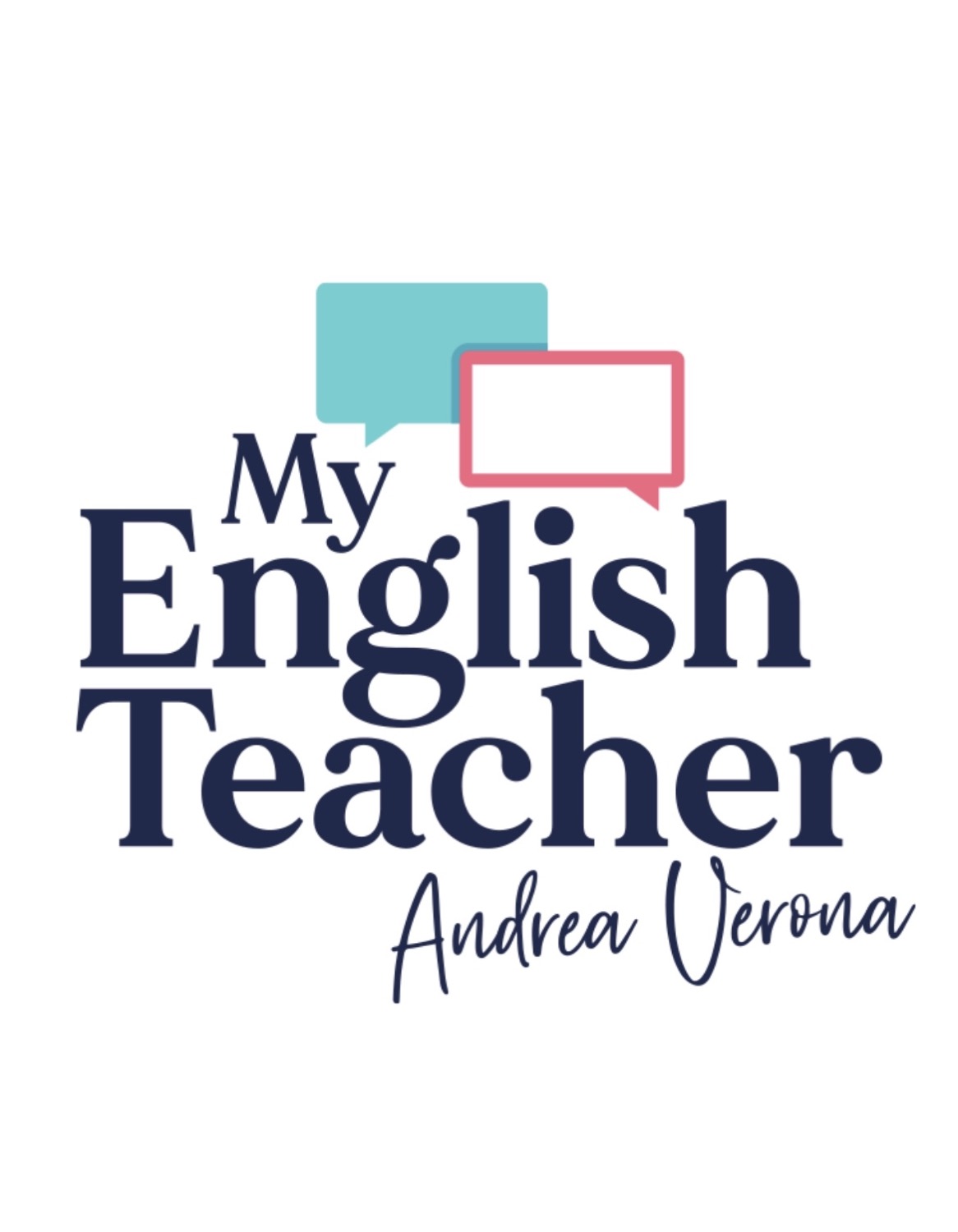Auxiliary Verbs Be, Do, Have
- Andrea Verona

- Jul 17, 2020
- 1 min read
Updated: Feb 26, 2024

Basics of English Grammar – All Levels
Lesson 18
An auxiliary verb helps the main (full) verb and is also called a “helping verb.” With auxiliary verbs, you can write sentences in different tenses, moods, or voices. Auxiliary verbs are: be, do, have, will, shall, would, should, can, could, may, might, must, ought, etc.
I think I should study harder to master English.
I am having a cup of coffee.
You have been practicing hard.
It was written by a petitioner.
You may choose what you like.
The verb forms of be, do, and have can be used either as a main (full) verb or an auxiliary verb. The following examples show these verbs used as auxiliary verbs.
1. “Be” as an auxiliary verb
a.Used in progressive sentences:
I am taking a bath.
She is preparing dinner for us.
They have been studying all night.
b.Used in passive sentences:
I was given a free meal.
He was seen by fans at the airport.
This song has been sung by all nations.
2.”Do” as an auxiliary verb
a. Used in negative sentences:
I do not know the truth.
She doesn’t agree with me.
They didn’t arrive here yet
b.Used in questions:
Do you want to have another one?
Did he finish his homework?
Do we need to keep going straight?
3.”Have” as an auxiliary verb
a. Used in perfect sentences:
I have been following you for a mile.
We have done a lot so far.
She had been queen of the town.




Comments